There are around 6 essential nutrients that you may not be getting from your diet. They're also vital for older adults. We'll clue you in.
RELATED: 12 Superfoods To Boost A Healthy Diet
6 Essential Nutrients You Need in Your Diet Right Now
Click here to jump to the infographic.
1. Vitamin A
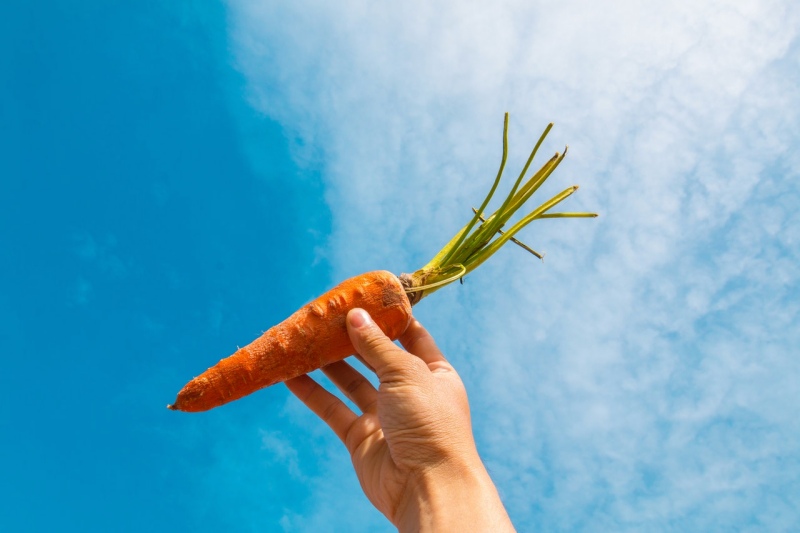
If your meals comprise mostly of carbs and meat, then there may be a chance you're low on vitamin A.
Vitamin A is vital to eyesight and eye, immune, skin, teeth, and skeletal health. It's also important to both men's and women's reproductive health.
There are two sources of vitamin A—preformed vitamin A and provitamin A.
Preformed vitamin A sources are already active forms of vitamin A, while provitamin A still needs to be broken down to turn into vitamin A.
Retinol is a reformed vitamin A, which you can get from animal products or supplements. On the other hand, carotenoids are a provitamin A that turns into vitamin A when broken down. You can get carotenoids from plant products.
More than playing a role in bodily functions, the retinol in vitamin A is valuable for its skin benefits. Retinol is one of the most well-studied vitamins for its anti-aging effects.
Beta-carotene is a carotenoid and antioxidant that may protect you from free radical damage.
Get your daily dose of vitamin A from animal foods like:
- beef liver
- salmon
- Atlantic herring
- ricotta cheese
- milk, fortified with vitamin A
- large egg
- tuna
- chicken
Or you can get it from plant foods such as:
- sweet potato
- spinach
- carrots
- cantaloupe
- peppers
- mango
- black-eye peas
- apricots
- broccoli
- tomato
- beans
- summer squash
2. Vitamin D

If you stay indoors most of the time and live somewhere with limited sunlight, then you may have a chance of being vitamin D deficient.
Vitamin D, also called the sunshine vitamin, wears many hats. It's involved in muscle function and bone health, and until now, we're discovering that it might play many more roles. Generally, healthcare providers recommend a healthy dose for general and bone health.
Vitamin D and calcium work hand in hand to maintain and keep our bones strong. Vitamin D helps our gut absorb calcium, both of which our bones need to rebuild and strengthen.
We can get vitamin D from sun exposure, our diet, or supplements:
- cod liver oil
- trout
- salmon
- white mushrooms
- portabella mushrooms
- milk fortified with vitamin D
- sardines
- eggs
- beef liver
- tuna
- cheddar cheese
3. Calcium
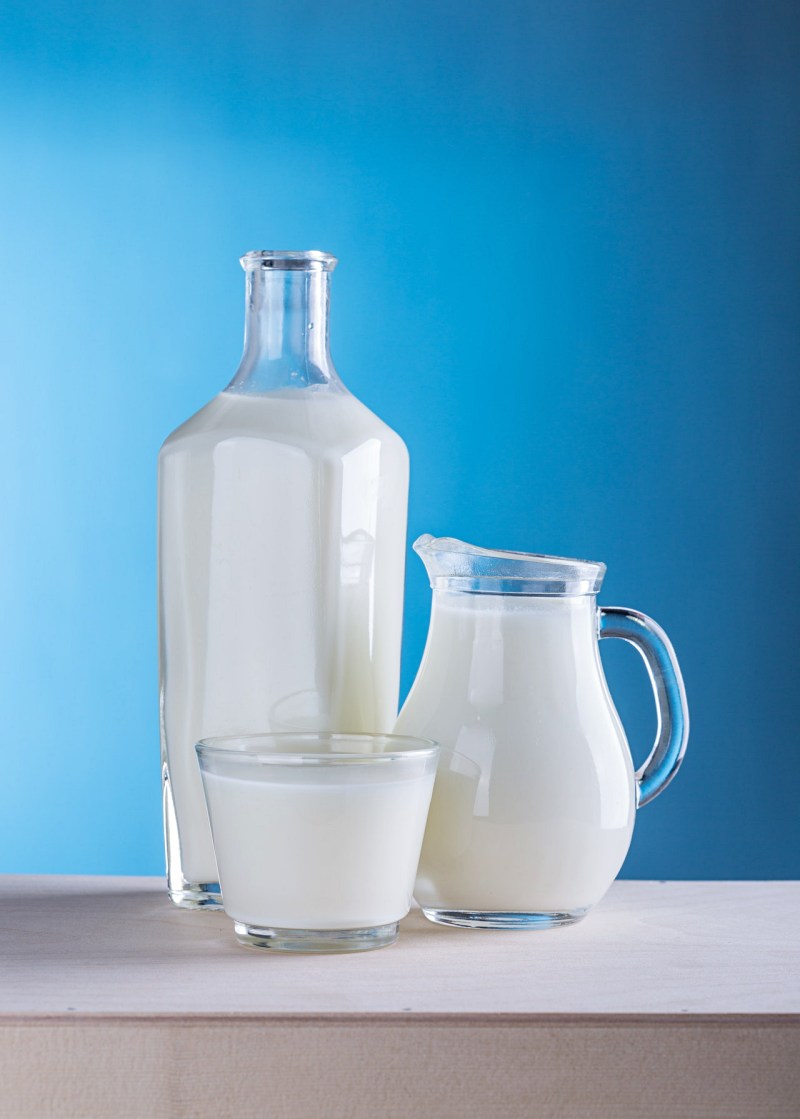
Where there's vitamin D, there's calcium, and vice versa.
In addition to strengthening our bones, calcium supports muscle, brain, heart, and hormonal function.
Adults over 70 may not absorb calcium as well as in their younger years.
Vegans, who don't eat dairy products (an excellent source), may not get enough calcium.
Women—facing a higher risk of osteoporosis—would also benefit from a calcium-rich diet.
People that are lactose intolerant may also not get enough calcium from their diet. You can get calcium from products that are low in lactose, like yogurt cheese. You might lactose-free milk in the milk section of your local supermarket.
In addition to dairy products, you can get calcium from:
- kale
- broccoli
- Chinese cabbage
- fish with edible bones
- grains (in large amounts)
RELATED: 10 Ways To Eat A More Plant-Based Diet For A Healthy Happy Life
4. Dietary Fiber
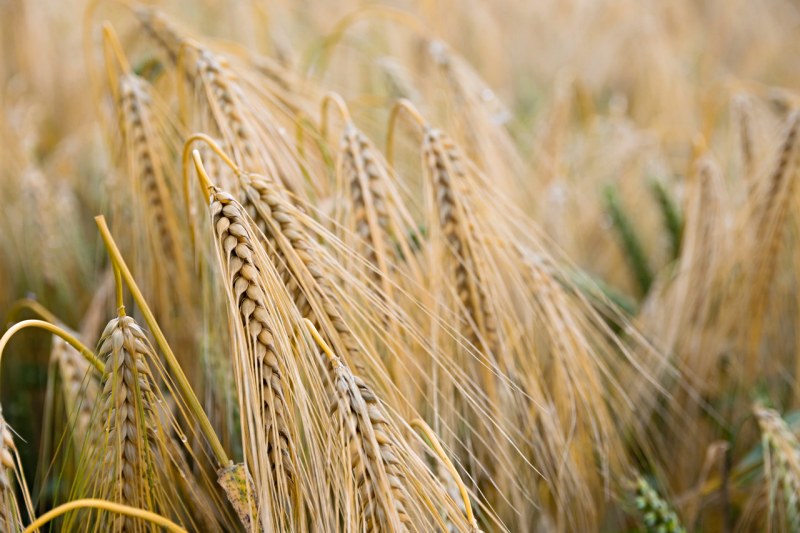
Over 90% of women and 97% of men don't get enough fiber in their regular diet.
Dietary fiber is a carbohydrate that's heavy on the stomach, so it makes you feel full faster. It plays a major role in your digestive tract, helping to facilitate the food you eat, making healthy stool, and potentially protecting you from colorectal cancers.
Fiber can also protect your heart by helping control your blood sugar levels and cholesterol.
Introduce fiber-rich foods slowly into your diet. Eating too much at once might lead to bloating and constipation.
Whole-grains foods that are excellent sources of fiber include:
- high-fiber cereals (unsweetened)
- whole-grain cereals
- popcorn
- bran flakes
- bulgur
- barley
- oat bran
- whole-wheat crackers
They also come from vegetables, like:
- artichoke
- beans
- lentils
- chickpeas
- yams
- broccoli
- avocado
- cauliflower
- carrots
- collard greens
- spinach
- cabbage
- potatoes (with skin)
5. Magnesium
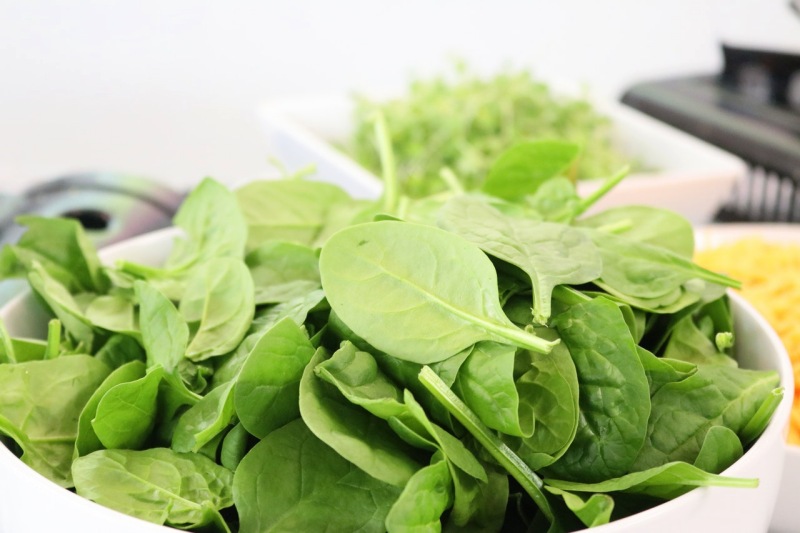
This mineral is a nutrient of a lifetime, playing a role in over 300 processes in our body. And as scientists keep researching, the list grows longer.
Magnesium is vital to numerous bodily processes, supporting brain, heart, nerve, and muscle function. It also produces DNA, bones, and proteins.
And as we age, it becomes even more essential. Older adults may not absorb and retain magnesium efficiently.
Some research also shows that magnesium may help protect against:
- heart disease and high blood pressure
- type 2 diabetes
- osteoporosis
- migraines
- chronic fatigue
- oxidative stress
- depression
Get your magnesium from foods, like:
- pumpkin seeds
- chia seeds
- almonds spinach
- cashews
- peanuts
- soy milk
- black beans
- edamame
- peanut butter
- potatoes
6. Potassium

Even healthy eaters have difficulty getting enough potassium from their diet. Acknowledging the value of this mineral, the Food and Drug Administration (FDA) has included it in the nutrition facts label you'll find on the back of food packaging.
Potassium plays a role in muscle movement, as well as in heart, nerve, and kidney function. It also helps protect our bones, maintaining bone density, especially in older adults.
Foods rich in potassium include:
- bananas
- lima beans
- swiss chard
- potatoes
- yams
- acorn squash
- amaranth leaves
- spinach
- water chestnuts
- carrots
- plantains
- cress
- butternut squash
- sweet potatoes
- pumpkins
Should I Take Supplements?
This is a question you should be asking your doctor. If you're concerned, a blood test may tell your doctor if you're lacking some vitamins and minerals. A licensed dietitian may help you get back on track.
Too much of a good thing is a bad thing. There's a limit to how much of a vitamin and mineral you can take. Any excess may be toxic or may lead to poor absorption.
Feeling under the weather does not automatically mean that you're vitamin or mineral deficient. But a balanced diet and physical activity may make you healthier.
Bottom Line
Until now, we're discovering more and more health benefits to vitamins and minerals we already dubbed as “essential.” Get them from the environment or your snacks. Animal and plant food sources are still the best sources of the 6 nutrients we mentioned.
Supplements may be helpful to those with nutrient deficiencies. But make sure to consult your doctor before you take supplements, especially if you're on doctor-prescribed medication.
While not getting enough vitamins may be problematic, so is getting too much of them.
Here’s an infographic guide. Don’t forget to download, save, or share this handy infographic for reference:
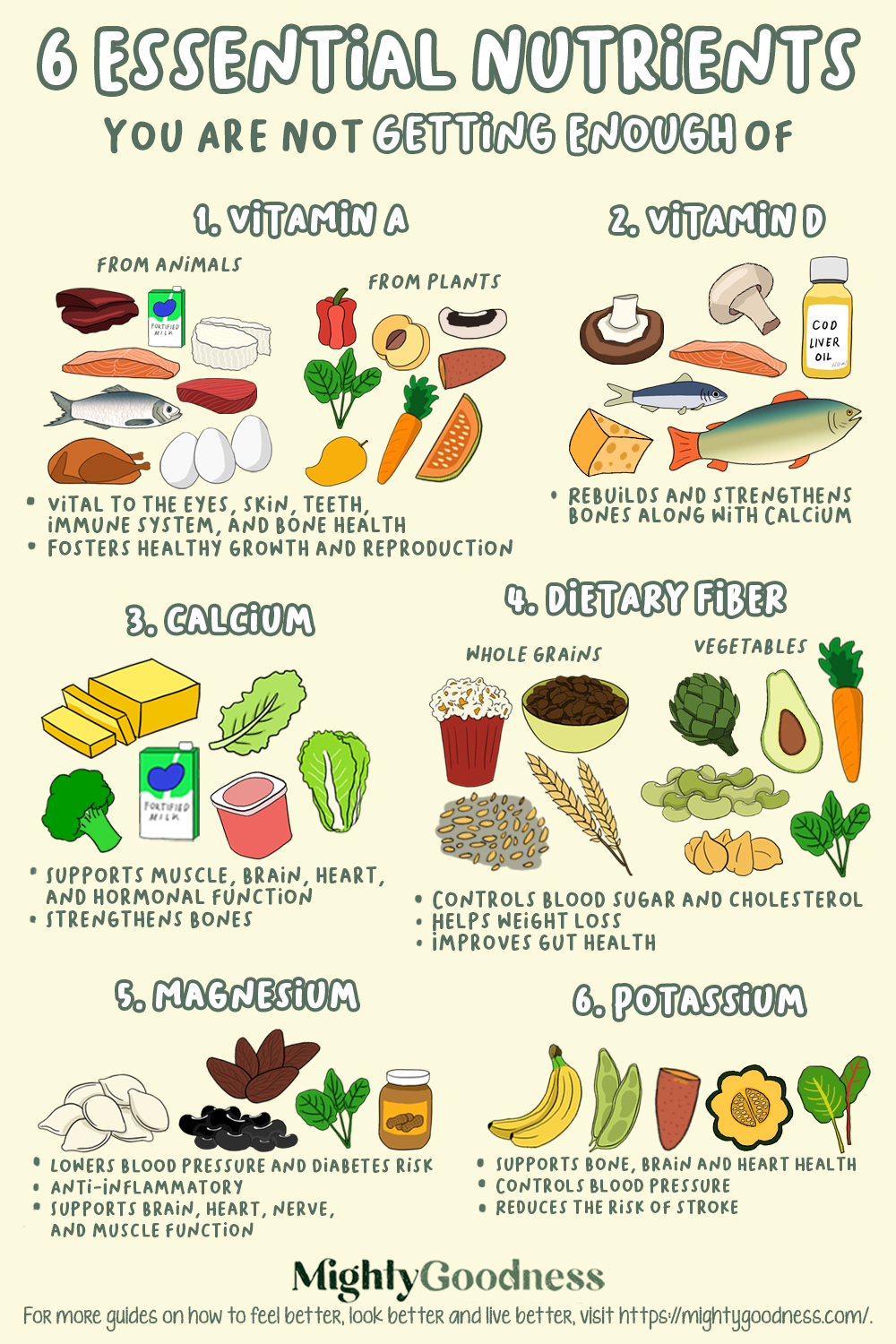
Check out this video below to learn more about eating healthy:
Leafy greens are nutrient-dense, easy to find, and the best foods to make the most of your calories. They're packed with more than the six essential nutrients listed here and go well with a refreshing salad or savory sandwich.
There are numerous vitamins and minerals vital to bodily function and upkeep. But these are the 6 nutrients that may need our urgent attention.
Do you feel confident you can craft a meal plan? Is there anything else you would like us to discuss? Let us know in the comments section below.
UP NEXT:
- Is Your Mental Health Affected by High-Sugar Diets
- Healthy Eating After 50 | Changes You Need To Make In Your Diet
- Meal Plan Ideas for Men Over 40
Calling all Health Buffs! If you’ve got the gift of keeping healthy and sharing this knowledge through writing, Click here if you want to write for us.
Please stay connected with us on Facebook, Twitter, Instagram, and Pinterest, and make sure to join our community of healthy living and minded people here.
Trending
Dating in Your 50s: Do’s and Don’ts
How To Develop A Healthy Habit In 21 Days
Get Updates
SIGN UP FOR OUR NEWSLETTER TODAY

Starting Over at 50: How To Deal With 10 Major Changes In Men

5 Easy Ways to Curb Sugar Cravings

How To Prevent and Reduce Under Eye Wrinkles
Related

Starting Over at 50: How To Deal With 10 Major Changes In Men

